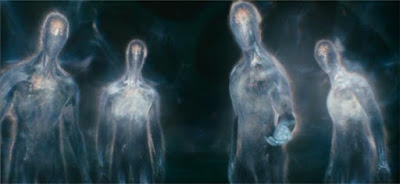Spiritual but not Religious—Are Millennials Missing the Plot?



The Rumi Poem we should all Read. Via Elyane Youssef on Dec 21, 2016 Rumi is my teacher. He helps answer the questions that bewilder us. He dresses experiences with words. He makes it easier for us to understand matters of…

Can Transgender People Be Baha’is? David Langness•Apr 14, 2017 AVAILABLE IN: ESPAÑOLفارسی We get some intriguing inquiries here at BahaiTeachings.org, including one from a reader last week: Can trans people be Baha’is? Here’s the actual question we received: “Hello. I am…

How Open-Minded Are You? Take the Quiz Kathy Roman•Jun 30, 2017 Do you think of yourself as someone with an open mind? Studies show that open-minded tend to be happier, more successful, and more charismatic than those who have closed…

4 Things That Happen When You’re A Lightworker, 2 Scares People to Death Lightworkers are showing the way for everyone, they carry the torch, holding the light of this planet in balance, they have come here to help the planet shift…

Quantum Physics: A Bridge between Science and Religion Rebecca Sherry Eshraghi•Oct 31, 2016 SCIENCE AVAILABLE IN: فارسی Werner Heisenberg, the father of Quantum Physics, once said: “The first gulp from the glass of natural sciences will make you an atheist…